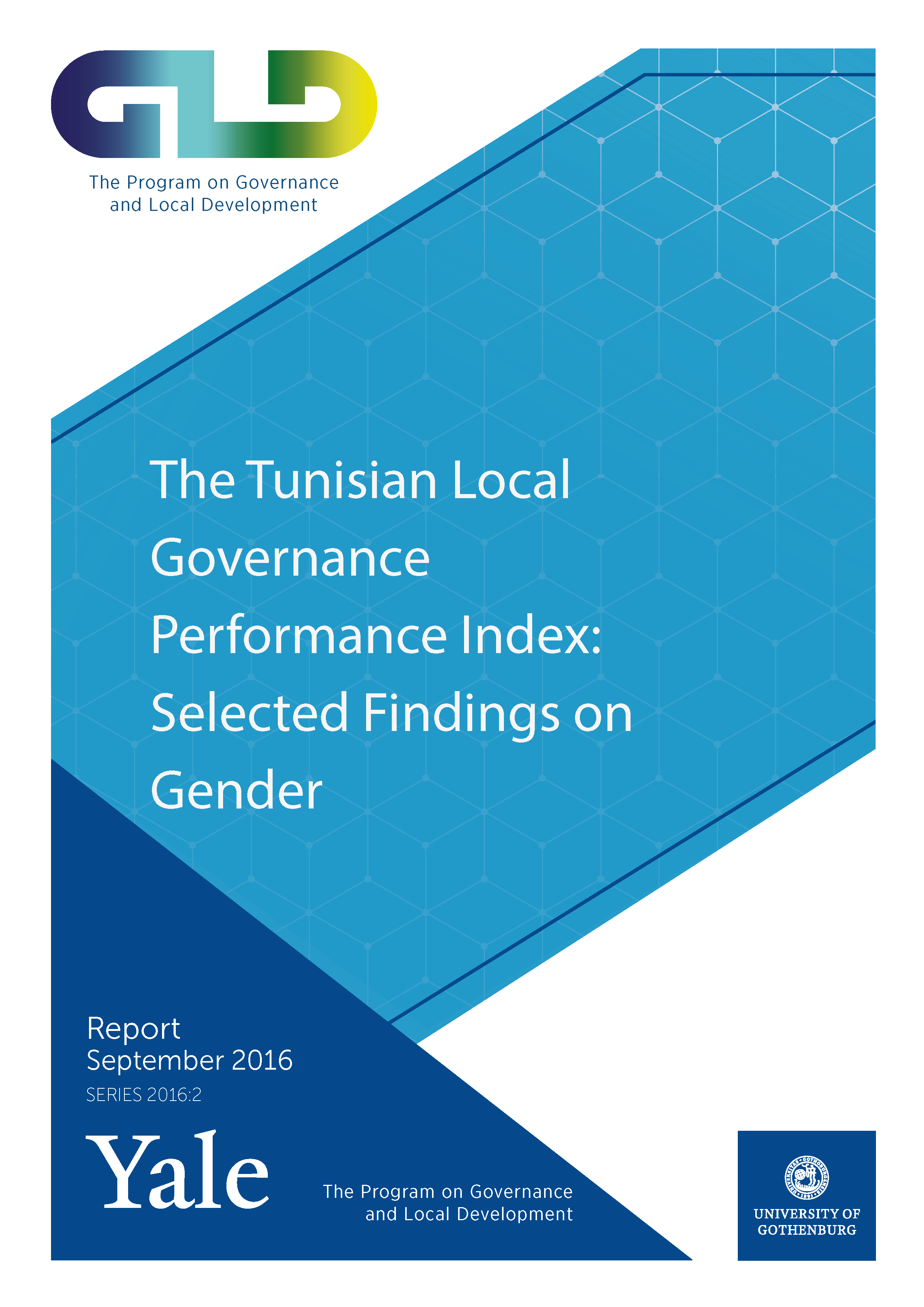The Tunisian LGPI: Selected Findings on Gender (2016)
Tunisia has long been at the forefront of efforts to promote women’s rights in the Arab world, beginning with the 1956 passage by Prime Minister (later President) Habib Bourguiba of the region’s most secular and progressive Code of Personal Status. The code abolished polygamy and unilateral divorce, granted women the right to initiate divorce, and set a minimum age for marriage. In the years since Tunisian independence (which took place from 1952 to 1956), women have expanded their roles in the labor force and in politics. In 2004, the dominant party, the National Rally for Democracy (RCD), implemented gender quotas at the local, regional, and national levels, bringing the proportion of seats held by women in the national parliament to 23 percent and at the local level to 27percent.
